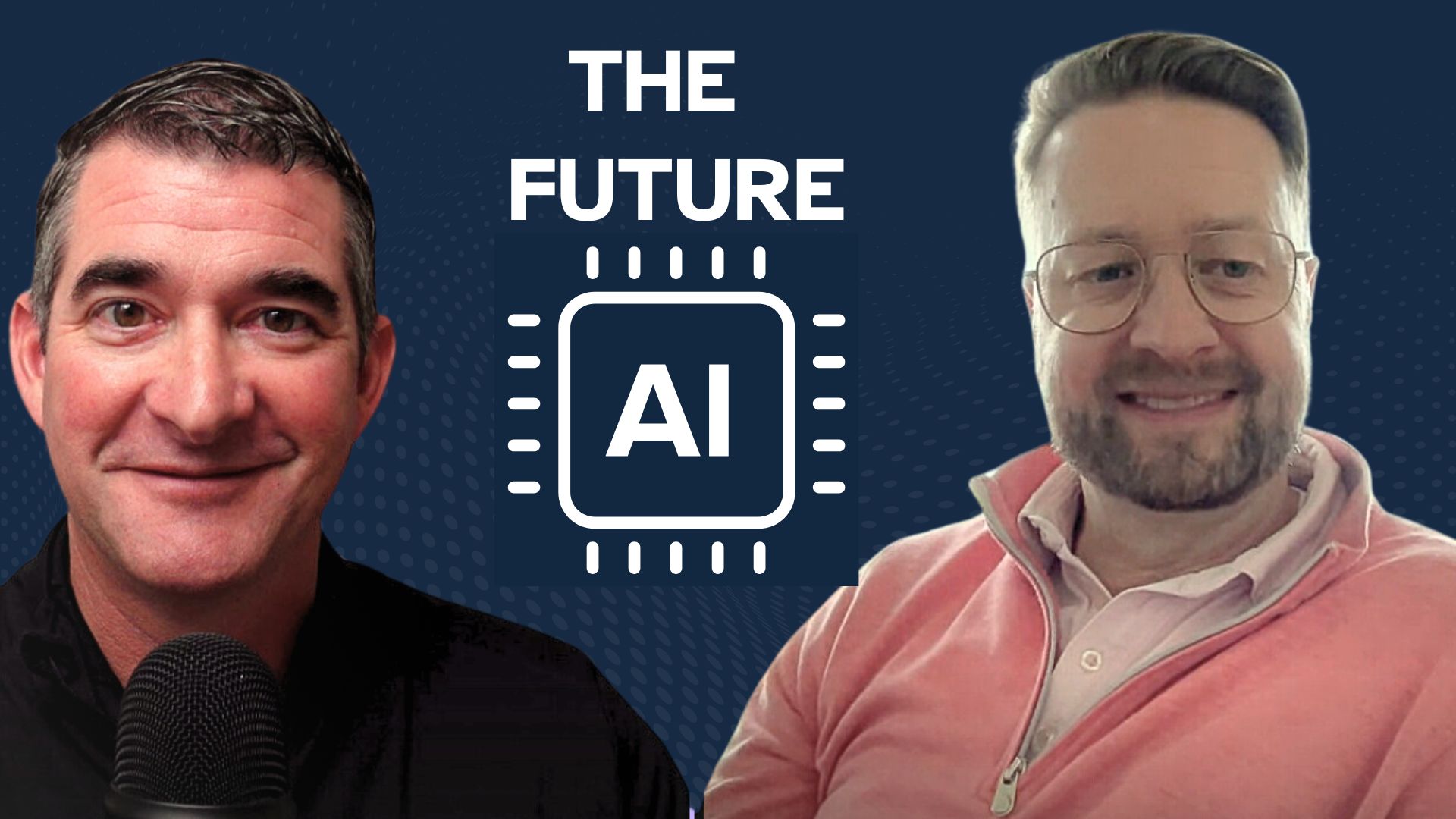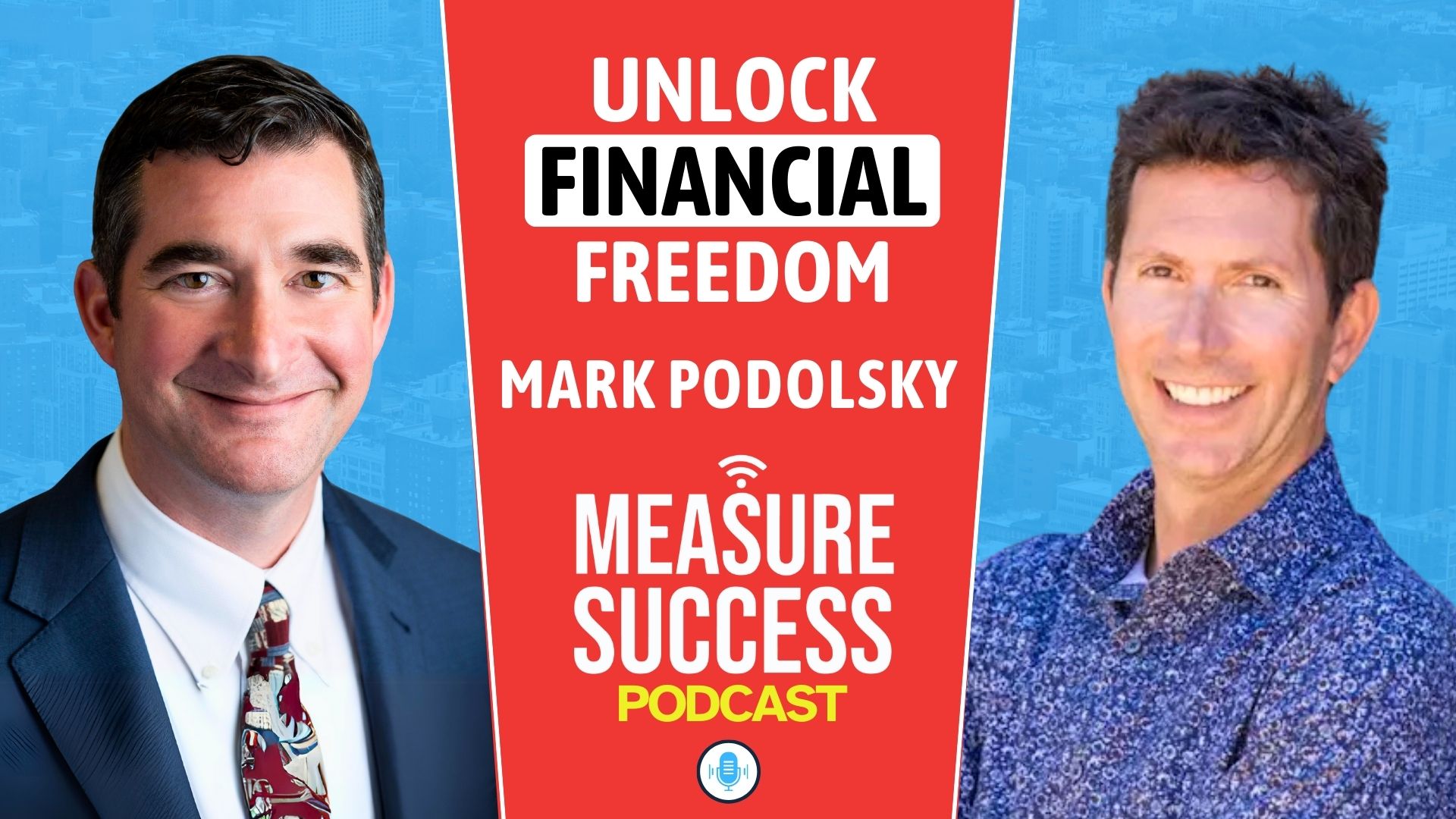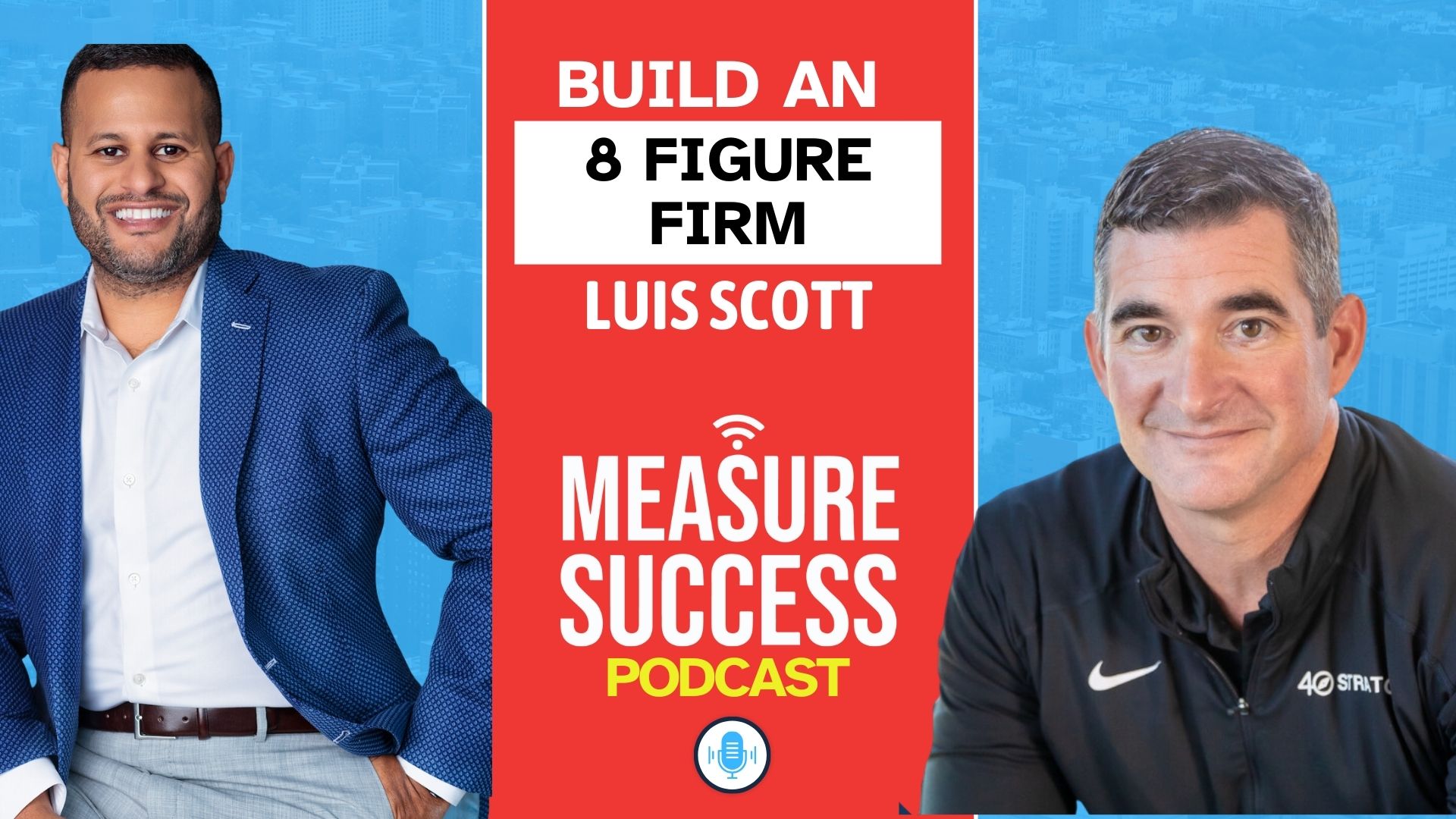Paul D. Slowey 12:29
but telehealth, well tell I mean telehealth, like you said, it’s been around a long time. It is kind of mushroomed in this particular age of COVID, if you like saliva means you can basically send the patient home with a sample in one of our biggest customers, in fact, is Quest Diagnostics. And what Quest Diagnostics does with the device, we ship it to Quest, they basically send it out to a 2200 clinics in the United States, including my local clinic, Vancouver clinic, and they basically give it to the patient, patient takes it home, they collect their own saliva, and then they send a little tube with the saliva in back to the lab and they process it. So there’s no doctor involved. It’s done in the home, there’s no potential for getting infectious disease from the sample. So in that, and that’s all the way it does help get just the general healthcare system. And it turns out that it’s quite cost effective as well. saliva, you don’t have to do a blood draw. So you don’t need a phlebotomist. phlebotomist can cost up to $50 an hour or whatever, for just taking the sample. So it is a cost effective vehicle is
Carl J. Cox 13:34
Yeah, I it’s to me, what’s been so interesting, just just even this is doing this on zoom. You know, prior to COVID, a year ago, when I tried to have a zoom call with somebody, it was about 10 to 20% effective in terms of their comfort, comfort on it, as well as their even desire to even turn on the video. Right? It was just not as common for today, right? This is normal, normal type things that we’re doing where this is so common. So for even for myself of working with clients, I could, I’ve always worked with clients throughout the United States and throughout the world. But this has made it so much easier. You know, I
Paul D. Slowey 14:11
have six zoom calls a day every day. I mean, it’s just without the date. It’s, I mean, I wish I’d bought stock in zoom years ago because
Carl J. Cox 14:21
yes, that stock has had a pretty good run for sure. So So tell me about from measuring success, and you have some crazy things you have to do to scale up your organization right now. And first of all, we had a major success point of getting within NIH and getting that contract in place. But to have this next point, it’s scaling. How are you trying to how are you developing your plan your strategic plan to scale at that type of rate?
Paul D. Slowey 14:51
So you know, the what what RADx does is they have a team of 100 experts. These experts are not employed by the NIH. They are independent contractors, those contractors are allocated to companies like ours. So we have a team lead. And we have a bunch of people that are either regulatory experts or clinical experts, or just general experts in various aspects of the diagnostics field. And they basically support. So that’s why I mentioned I have six zoom calls a day, every day, we have at least two zoom calls with RADx, only NIH to talk about this project. And they’re basically are driving you from behind, have you you know, have you met this particular milestone? Have you done this deliverable? Because you’re not going to get your next payment unless you’ve done that. So you know, it’s, it’s actually a really good team effort. Because as a small company, like us, you know, we have probably 22 people maximum right now, which is mostly production people, either we kind of do it ourselves, we really need that background support, you know, we have to go through what’s called an EUA, which is an FDA approval, they have a regulatory expert, who literally every day of the week talks to the FDA about how we can apply our particular product, how we can get it to the FDA system, etc. So, yeah, it’s a very good, it’s a very good and unique system, I think the way that they’ve done it.
Carl J. Cox 16:10
That’s really exciting. It’s exciting to hear that a registered a small 22 size person organization could end up with, with the help of the right programs, to get something where it’s going to have a significant impact right across the US. And now, is this something that would potentially be shipped globally as well? Or is this going to be primarily in the United States? What is the does it end up being constrained? Based on the funding? What I’m kind of curious from that? Well,
Paul D. Slowey 16:35
that’s actually a really good question, because the radix program is specific to the united states and territories. But, you know, it’s only for two products. It’s for Super•SAL, and Pure•SAL, we have 10 different products. So not only do we have to scale up for, you know, the RADx product program, we have to scale up for our own products as well, which are sold worldwide. So you know, we have products that are, you know, cervical vaginal specimen collection devices, we have other devices that are for babies and things that are sold around the world. So either and you have to keep the NIH stuff separate, you know, you get funding for that particular project, that funding has to be spent specifically on that project. But we then we have our own resources to develop the other one. So not only are we scaling up internally with to automated lines, where you know, we’re adding a second shift, so we can add volume to our products as well. So it’s a very complicated situation. But it’s, as I said, it’s super exciting.
Carl J. Cox 17:31
Yeah. Wow. So how are you? Good. I’m curious, you know, so your clients, and let me ask this, because sometimes clients is the person who pays you versus, and then there’s the end consumer, right? Who’s going to end up being used the saliva test? How do you how you measure your success as an organization? just kind of keep that as an open broad term?
Paul D. Slowey 17:51
Well, maybe I should, the question is not only the company, it’s, I mean, I’m, I started the company. So it’s basically me, and, you know, we obviously have a lot of people and we will have shareholders in the future, and stuff like that. But, you know, my ultimate goal, when I founded the company, was not a financial one, you know, I, people might find this hard to believe. But I grew up in a very working class area in the UK, which was a coal mining town, everybody had a house that was next to each other, and, you know, you could actually had a common wall between you. So there was a lot of friendship. And, you know, we didn’t have a lot of money, but we had everything that we ever needed. And you know, so the goal, when I started the company was, you know, him, how can we help people? How can we bring some of these technologies to life, so, you know, we have had a couple of offers to buy the company, but in my opinion, those companies would not carry on, if you like, the good work of Oasis, because the idea is that these products have to be available to be able to test people for diseases like Parkinson’s disease, Alzheimer’s disease, etc, which, you know, we’re working on all these things in our research facility, while you know, while the clinical products are actually being sold around the world. So success is is twofold making sure that we keep these devices on the market and they can be used and applied to as many diseases as possible. And that’s not been as easy as you think because we are small we don’t have a big voice we’re not out there you know, we’re not a Cajun or, you know, a Quest Diagnostics. So, you know, we have to scream a little bit loud as for people to hear us but you know, so that’s that’s kind of one of the keys second one of course, is to make sure that they have security for my children either in the future either. So you know, I unfortunately I I lost a son about six years ago from he died in Hawaii but you know, his legacy lives on and my other son works for me Chris law he saw either the two of those are basically my my driving force, and I want to make sure that you know, that I can make sure they’re secure when I’m when I’m gone. And perhaps you know, they can they can run the company in the future.
Carl J. Cox 19:57
And first of all, my condolences on Regarding regarding your son and
Paul D. Slowey 20:03
but still a driving force regardless, I mean, he’s with me all the time. So well as
Carl J. Cox 20:08
a grid of good heart you have. And it’s, I think it’s really neat to hear about that vision and mission that you have of making a difference. And yeah, at the end, it sounds like if you end up getting fruit and financial rewards at the end, but the real reason is really, truly make a difference, you know, and helping people to detect these things. And I love that passion that you have. You blew me away, you told me about your schedule, I think you said you wake up at 4:45am and get to work, you’re working by 530 in the morning, and you basically finish I think, was at 9pm. I think it was roughly
Paul D. Slowey 20:44
9pm. Yeah, I can’t work after 9pm. I turn into a pumpkin, I turned into a pumpkin at nine o’clock.
Carl J. Cox 20:51
So first of all, that’s amazing that that work ethic is not common, right to see somebody working that type of energy and that effort in that spirit that you obviously have. So how do you keep that energy up of on a regular basis of being able to day in and day out? provide that type of effort?
Paul D. Slowey 21:10
Well, I think it’s the passion for what I do. And what we do, you know, in general, if we can do that, there’s always the next disease if you like, so either saliva can be applied to any disease, you know, they always said, you know, you can’t detect this particular disease in saliva. And that was probably two maybe 20 years ago, because we didn’t have the technologies that could find the molecules that you’re looking for, for these specific diseases in saliva, not because they weren’t there, just because they’re there in smaller quantities, there’s usually a lot more of these biomarkers that you’re looking for in blood than there is in saliva. So now we have these more advanced technologies like next generation sequencing, mass spectrometry, fluorescent based lateral flow, we can actually see those molecules much, much more. So the scope is is huge. I mean, we could we could develop, you know, I could be here for 500 years, and still never develop all the tests that are right there. And the statistic I like to basically give to people is that, if you consider the whole market for diagnostics is what’s called the in vitro diagnostic market, which is reckoned to be $56 billion, if you like, I mean, that the number is is nebulous, depending on which company you talk to about what the number is, but it’s a huge number. And in my opinion, less than 1% is actually saliva tests. So 99% is blood tissue, urine, stool, you name it, but only 1% or less saliva. So we got a lot of scope in what we do. So it’s that passion to the, you know, to develop the next generation of tools that is out there. And you know, I think you also mentioned, you know, how do I keep going, you know, I play soccer every weekend, I’m over 60 soccer player, I hadn’t won anything for 30 years. And in the last two years, we won three tournaments. It’s like crazy. Yeah, we got a very good team. And I’m, you know, I have grandchildren. And on the weekend, we usually have a nine year old grandson, Paul comes over, spends all Saturday and Friday night, Saturday night, and he leaves on Sunday morning. So you know, that’s the time when you don’t find any work for me. I’m basically devoted to my family at that time.
Carl J. Cox 23:18
That that is an incredible, I love it, how you get up, you know, Monday through Friday, you’re focused, you have this strong, you were I think you said you work out about an hour each day right in between.
Paul D. Slowey 23:31
At this point in time, when it’s when it’s dark nights, but in the summertime, I’ll usually leave it though, you know, when it gets five o’clock, six o’clock, something like that. But that really kind of re energizes you, you know, I think when we get to our edge, we have that spell in the middle of the afternoon where we really start to drag a little bit. So that’s typically when I start to motivate myself to get the exercise in because that will kind of rejuvenate me a little bit. Incredible,
Carl J. Cox 23:56
I think I just love to hear I mean, for those who are listening to have that motivation, and you’re in a 60 and older, the soccer program still playing still winning tournaments and working basically 15 hours a day, and then have the energy at the same time to be with your grandson and care and be there for him. I love that. So anyways, that that is a incredible story. So we were talking beforehand, I said what type of books you read and like I don’t read books, I read scientific journals. Love that. So So what is their particular periodical in the scientific journals that you always you always read? What What is that one?
Paul D. Slowey 24:37
I mean, things like Scientific American is another one called Science and this shorter articles. I’m the terrible reader when it comes down to it. So you know, I like short articles either, and not necessarily in our business. You know, I did astronomy when I was young, I still have a fascination for astronomy, and those types of things. So I’ll read articles about that. I’ll read geology articles. Yeah, I mean, yeah, when I do read articles that are not scientific, you know, that would be what I would read.
Carl J. Cox 25:07
Wow, this is Paul, I just want to thank you so much. We’ve been talking with Paul Slowey from Oasis. And, Paul, can you help me? Tell me? Where can people learn and find out more about you and your organization?
Paul D. Slowey 25:21
So yeah, we have a website, which is www dot the number four, followed by the word saliva.com. So www.4saliva.com, and not only on the technologies on there, there are videos of the devices and how they work. So as you’ll see that pretty simple. They used in the homes quite routinely. And so yeah, please, you know, feel free to do you know, take a look there. If you have any specific questions, my name’s typically on there, you can reach me quite easily by email and we’ll respond. Alright, Paul,
Carl J. Cox 25:55
thank you so much. This has been really a lot of fun and very inspirational for me. So thank you for sharing all this. I know this has been an inspiration for our audience, for those who are trying to make a difference in the world and I think you everyone to listen to the Measure Success Podcast, wishing you the very best at measuring your success.
Outro 26:15
Thanks for listening to the Measure Success Podcast. We’ll see you again next time to learn from the best. Remember to subscribe now to get future episodes.




